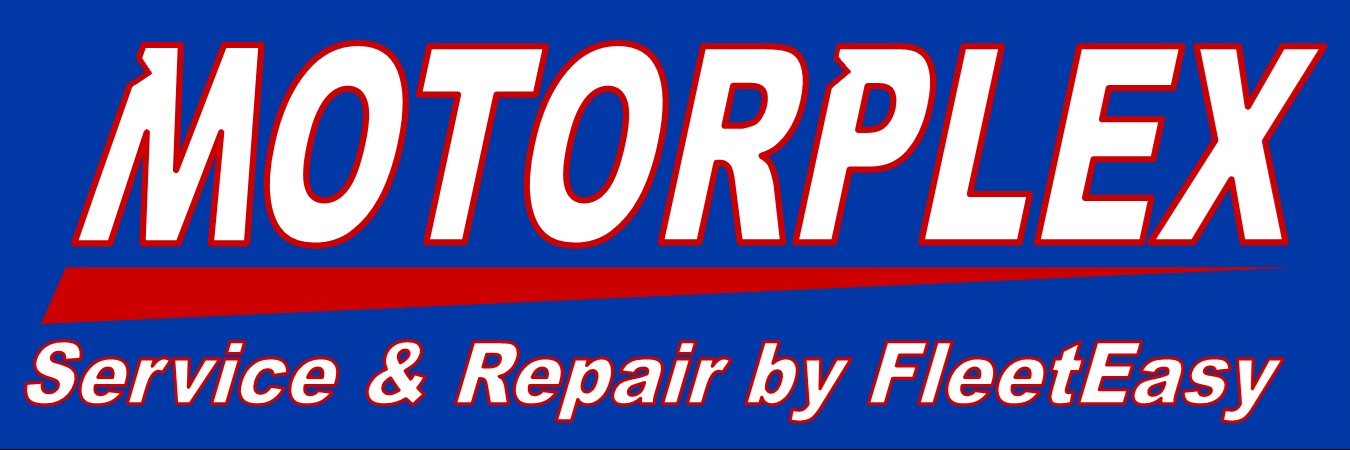Sustainable fleet maintenance and heavy-duty fleet management are key to fleet owner responsibilities. Not only to support the business bottom line by reducing fuel costs but also to help conserve the environment. Fleet managers can achieve fleet sustainability in a few ways, from reducing emissions to using proper waste disposal and eco-friendly practices.
Start with a Baseline
Before including sustainability in your heavy-duty fleet management goals, start with assessing your fleet currently. Metrics like CO2 emissions, idling times, and fuel consumption is vital data for improving sustainability. Once you have those baselines, establish ways to cut down on emissions or identify areas for improvement.
You can also apply this baseline to the fleet by assessing the number of vehicles used. See if that amount of optimal or not or which vehicles may be underperforming and could be improved.
Cut Down Idling Time
A core place to immediately implement sustainable changes is with CO2 emission reduction. Reducing unnecessary idling is an easy way to cut fuel economy and CO2 emission impacts. Start with monitoring idling trends within the fleet to determine how much fuel is wasted. From there, set up policies that include audible alerts or reminders to cut idling after a set time.
Optimize Driving Routes
Route optimization is another easy and effective way to cut emissions and save wasted fuel as part of a sustainable fleet maintenance plan.
Reviewing the driving data of the fleet will show ways to improve routes. Check for unnecessary stops or routes with common delays to cut these from your routes. Not only does that play a sustainable role, but it’ll also help optimize the fleet’s productivity for future jobs.
Optimize Cargo Loads
Proper loads are essential for any fleet, especially to avoid potentially dangerous load shifts. Optimizing a load is also important when it comes to a sustainable fleet. A more modest load can help enhance fleet fuel efficiency, protect the engine health and lower general wear and tear.
As part of general heavy-duty fleet maintenance, avoiding early wear will help save costs in the long run. When a job requires a heavy load, focus on optimizing the route and cutting on unnecessary idling and stops where possible.
Properly Dispose of Waste or Recycle
Before tossing any waste into the trash, consider what materials could be recycled or reused. Unnecessary waste ends up in landfills which plays a significantly negative impact on the environment. Considering recycling and reusing is key to heavy-duty fleet management.
For example, oil can be refined, recycled, and reused, so research your options before dumping it. In addition, you can dispose of rubber tires at a recycling facility to make them into rubberized asphalt, which is becoming a popular paving material for playgrounds and residential properties. Scrap metal can be sold or reused, and recyclers can strip down vehicle batteries and reuse many parts.
Work With Professionals
With heavy-duty fleet maintenance, working with experienced support is always essential. Our team at Motorplex brings years of experience, knowledge, and the right tools for any job. Whether it’s a routine check-up, maintenance inspection, or repairs, we can help.
The experts at Motorplex also help implement those sustainable fleet maintenance practices by applying our latest industry knowledge to optimize your fleet.
If you need help with your fleet maintenance, reach out to Motorplex. We have shops in Auburn and Spokane, Washington.
Motorplex has shops in Spokane and Auburn, WA and we offer onsite mobile repairs. Whether you need a maintenance check or oil pump repairs, book your service appointment.
Need professional fleet maintenance? Then Motorplex is here to help. Contact us now to book an appointment in Auburn, WA or Spokane, WA!

